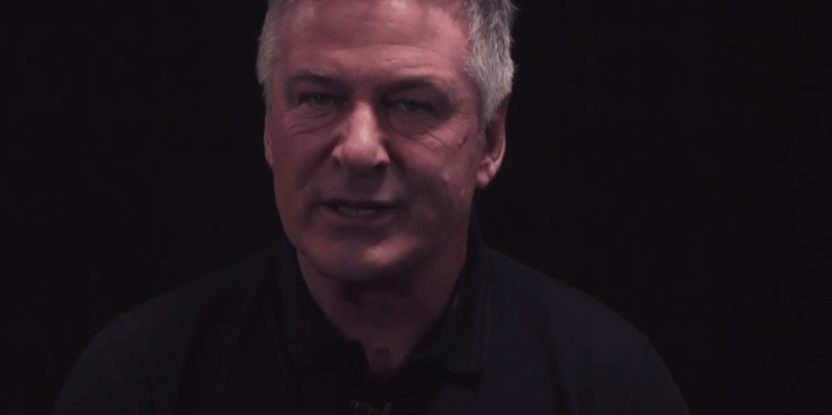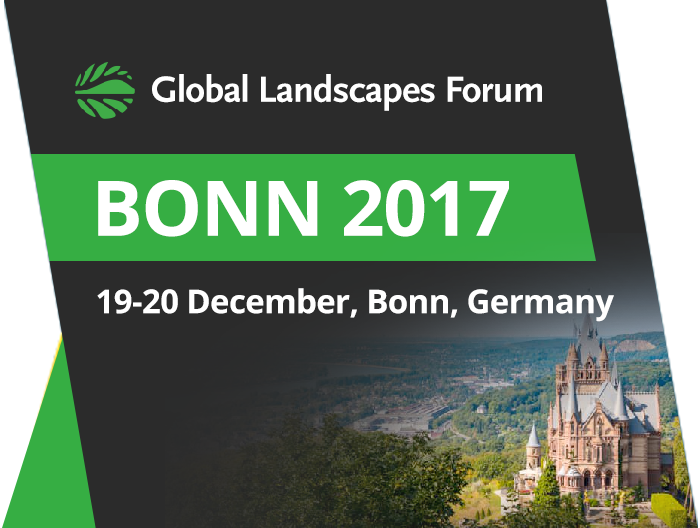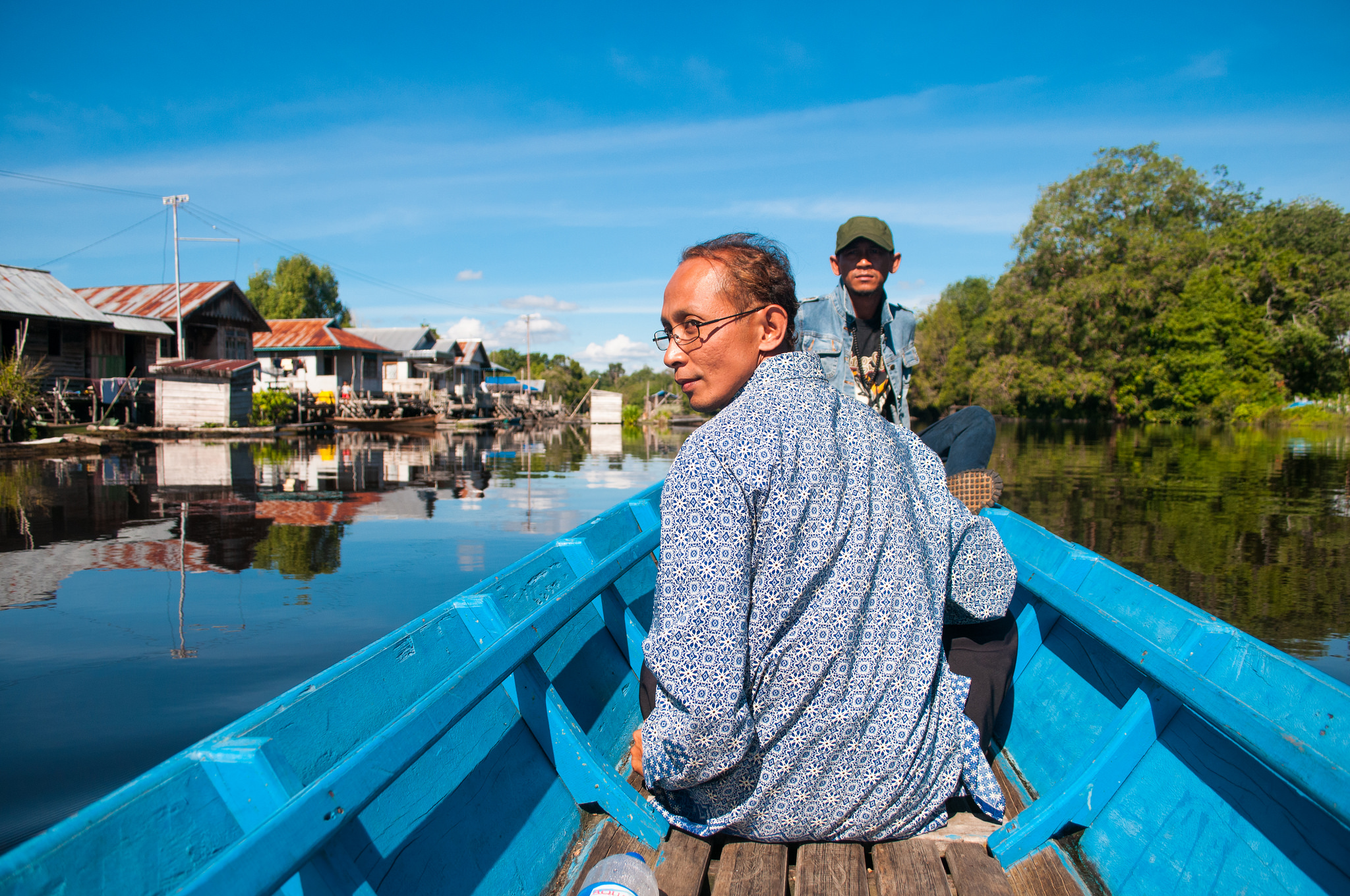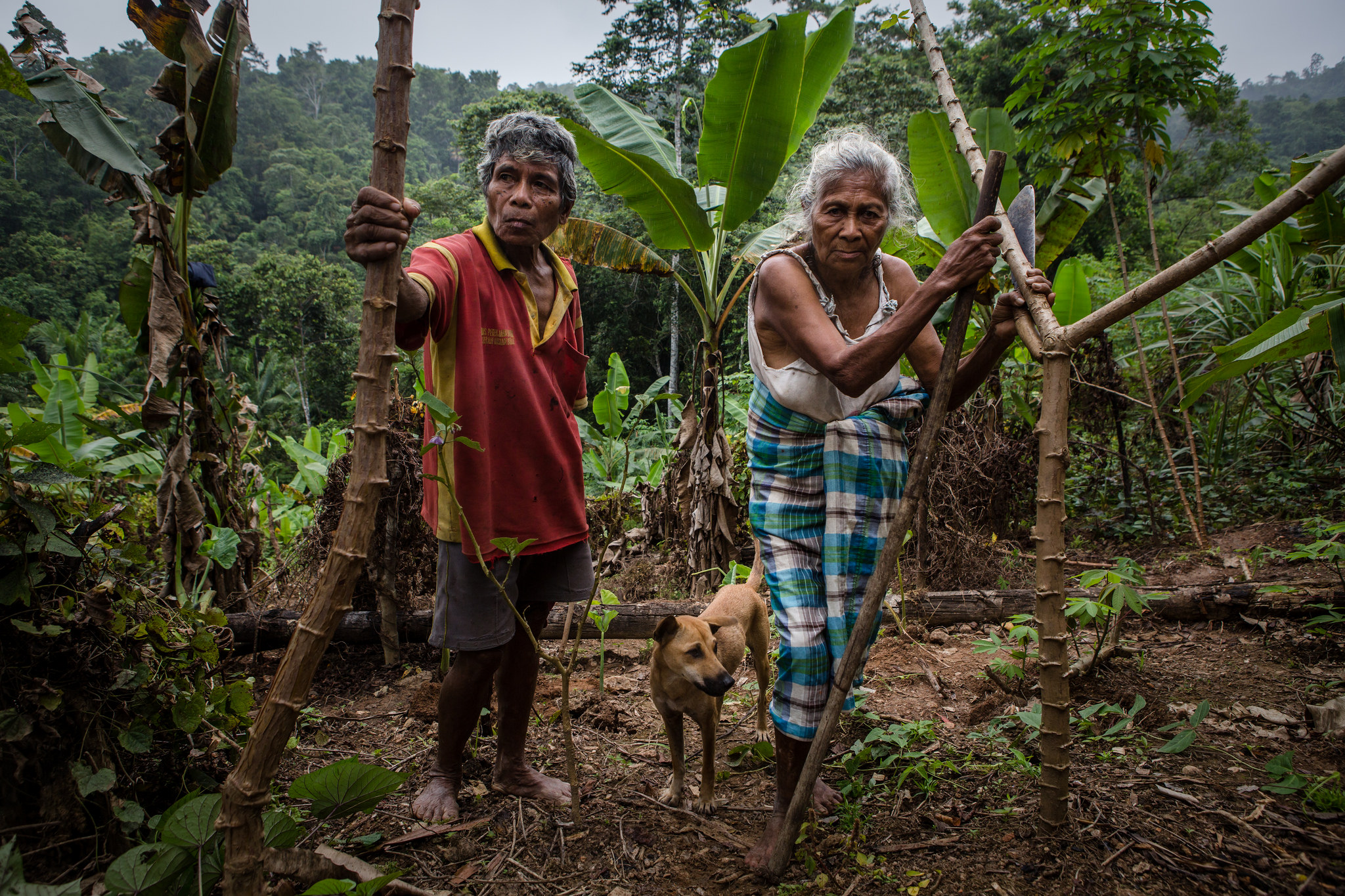LOOKING TO THE FUTURE
A well-attended discussion forum led by IPMG at GLF Bonn highlighted the need to put indigenous peoples at the center of policymaking processes concerning sustainability and land conservation.
Speakers urged increased investment in indigenous communities, both in terms of funds and investments in traditional knowledge, saying that both go a long way in conserving landscapes.
“I think that’s one of the biggest contributions that indigenous organizers and young professionals are making, in every field addressing climate change and unsustainable development, is that they look at everything as its complete picture. We look at what’s affecting our air, our father sky, our mother earth,” said panelist Janene Yazzie, Co-founder and CEO of Sixth World Solutions.
Further calls were made to see indigenous contributions not as a relic of the past, but as a present and future resource that is constantly adapting to change. New information technologies were identified as powerful tools to connect indigenous groups around the world and to disseminate their issues and concerns.
“There’s also this issue of resilience that is so important, and that we not look at traditional and indigenous knowledge systems as being somehow frozen,” said Jeffrey Campbell, Manager of Forest and farm facility (FFF) at the UN Food and Agriculture Organization (FAO).
“Because we see these being adapted on a daily basis – new corn varieties need to now be preferred over older ones, new parts of the landscape have to be used for cultivation, new awareness of the role of forests is coming in, or even what is a territory,” he added.
At the closing plenary, Carling from IPMG stressed the need for collaborative and inclusive action.
“We need to come together in a constructive dialogue — in a frank talk — finding solutions that everybody can contribute to,” she said.
“We can find the solutions and we can work together to really strengthen landscape management.”
Copyright policy:We want you to share Forests News content, which is licensed under Creative Commons
Attribution-NonCommercial-ShareAlike 4.0 International (CC BY-NC-SA 4.0). This means you are free to redistribute our material for non-commercial purposes. All we ask is that you give Forests News appropriate credit and link to the original Forests News content, indicate if changes were made, and distribute your contributions under the same Creative Commons license. You must notify Forests News if you repost, reprint or reuse our materials by contacting
forestsnews@cifor-icraf.org.



